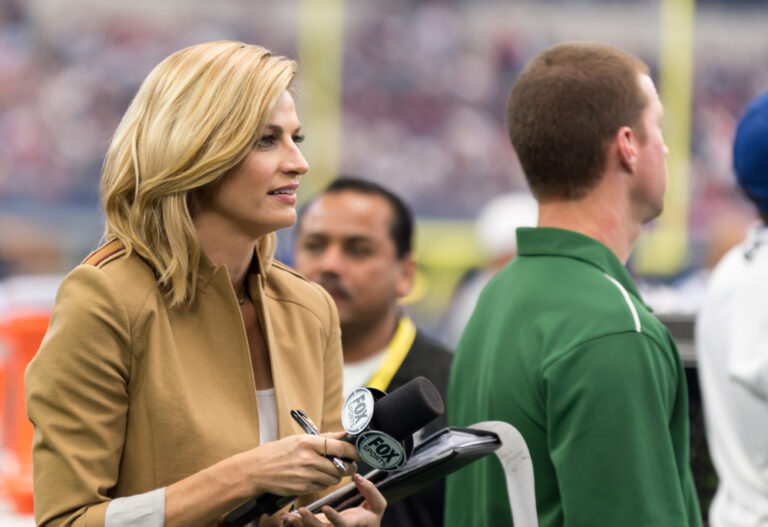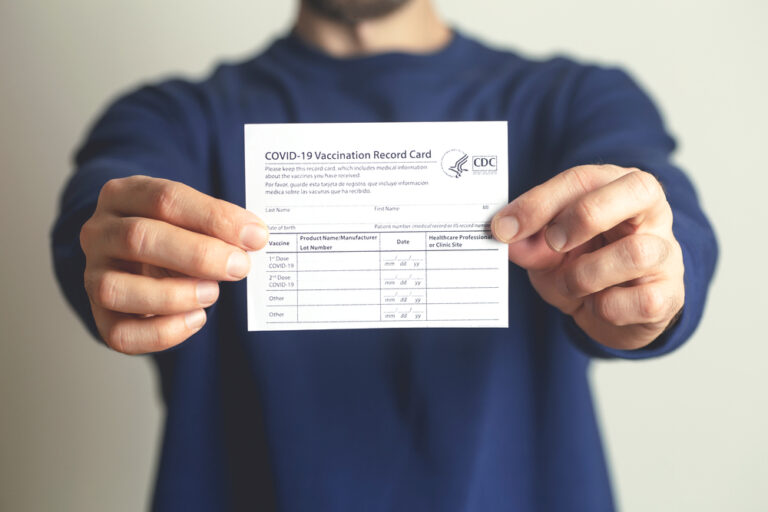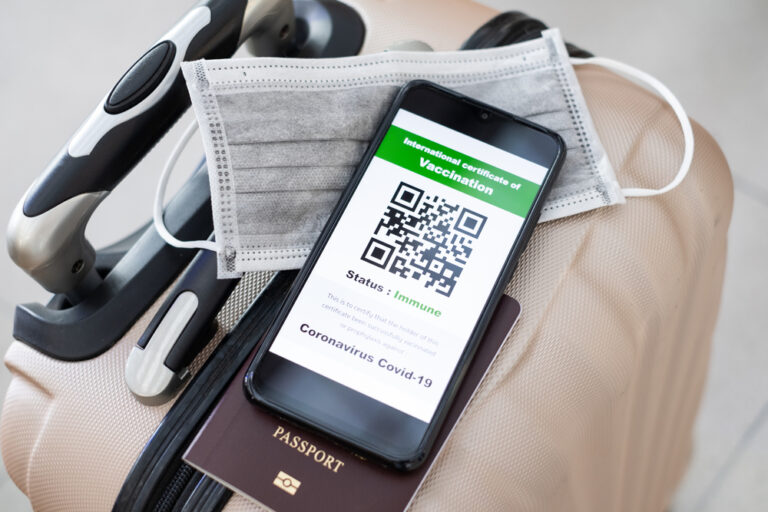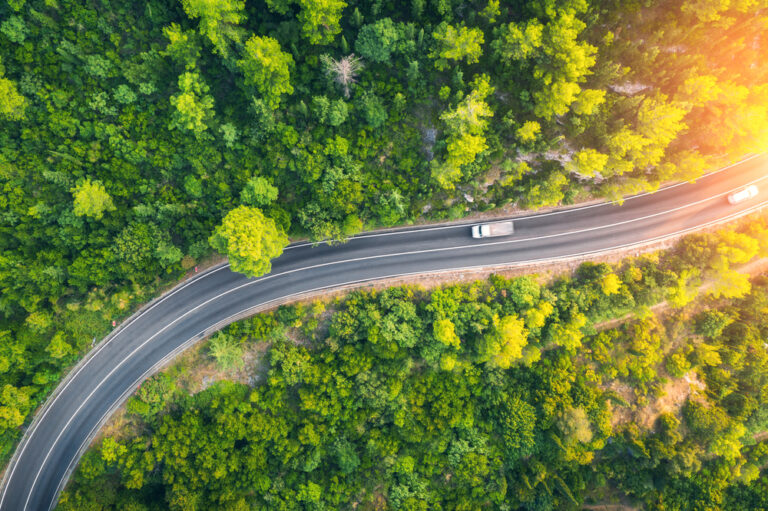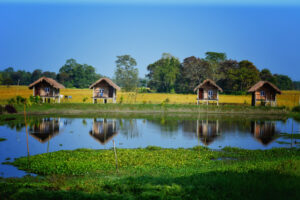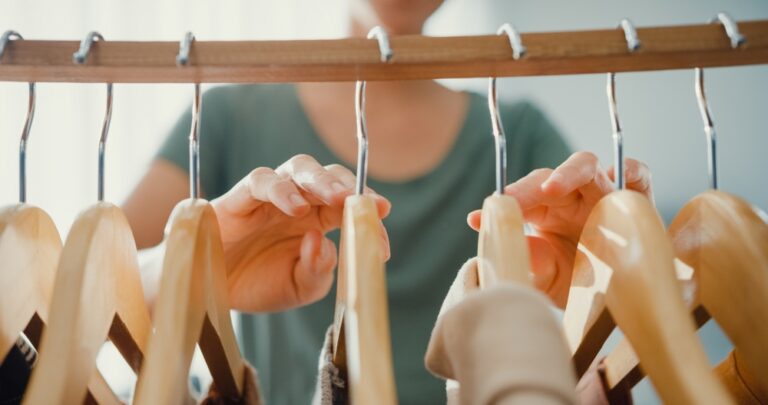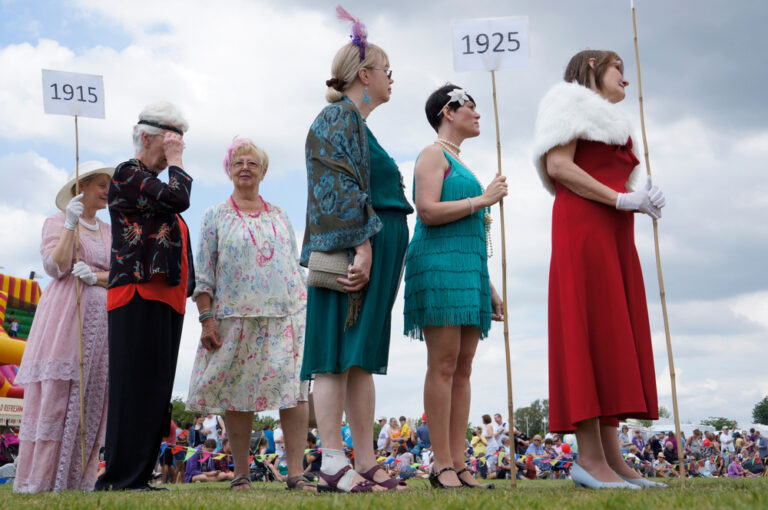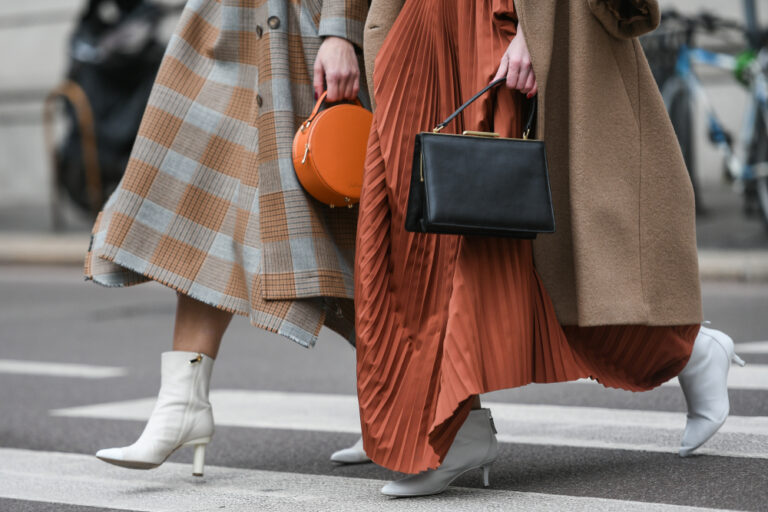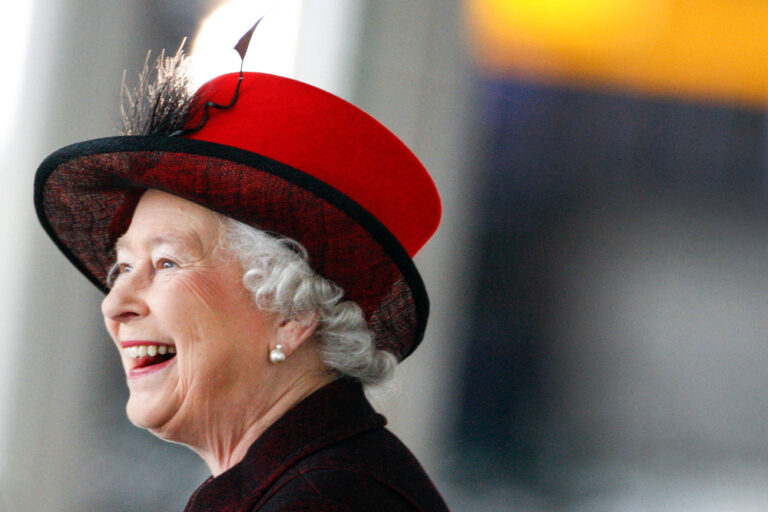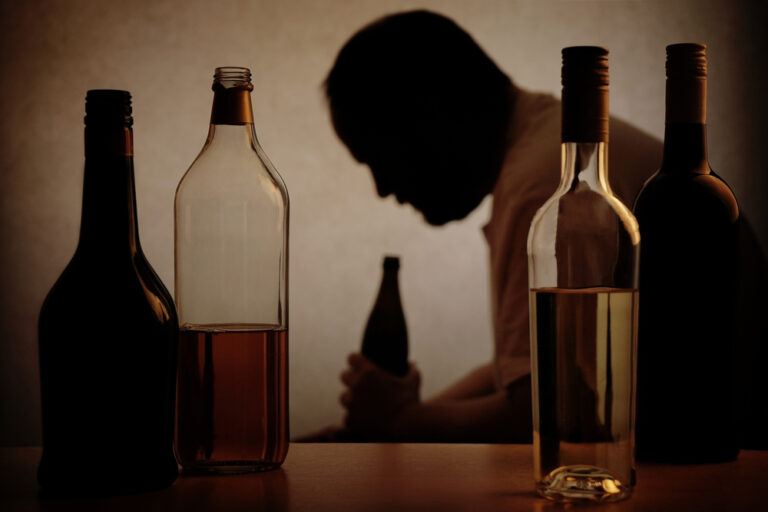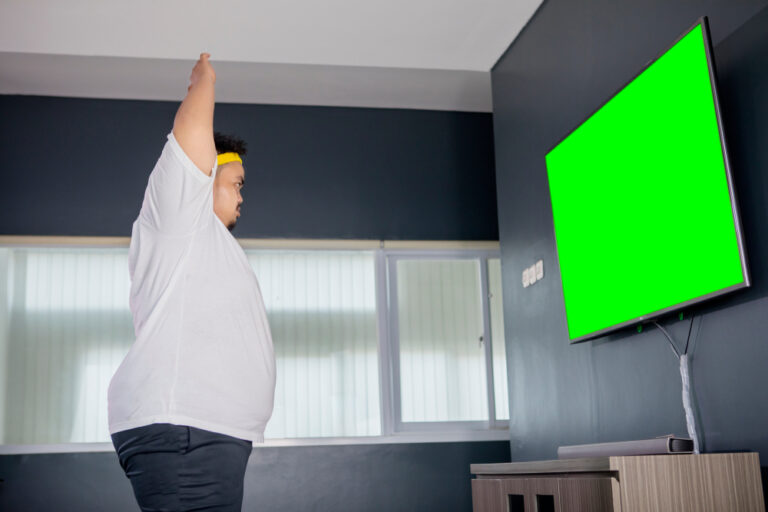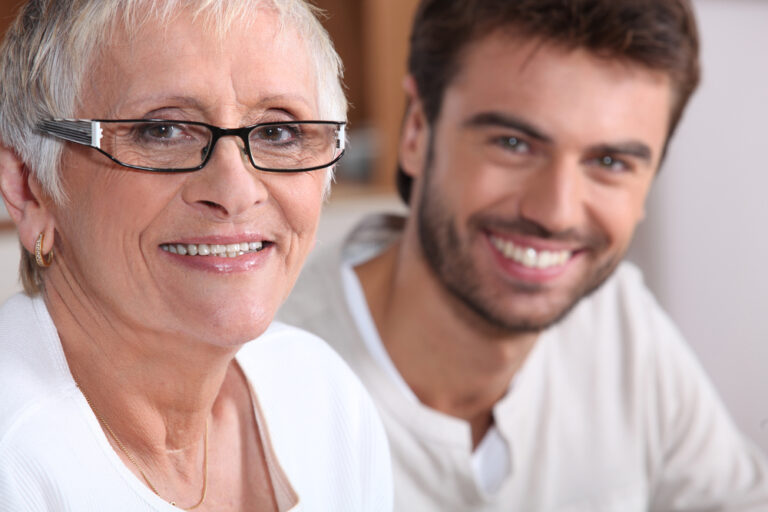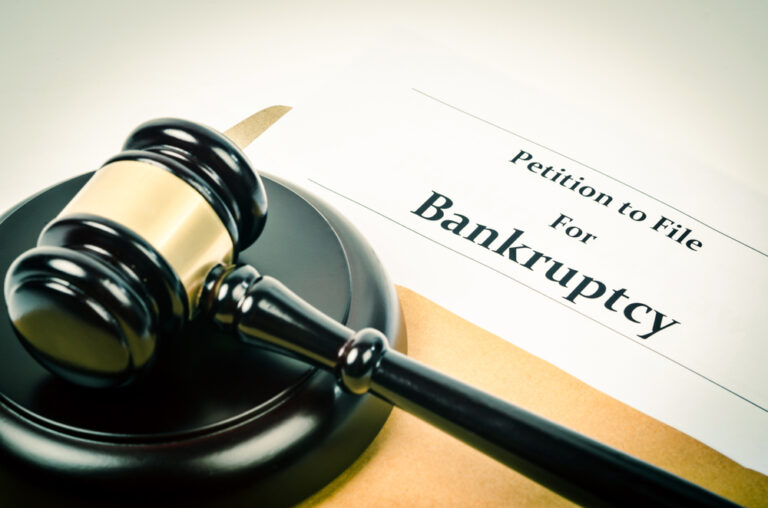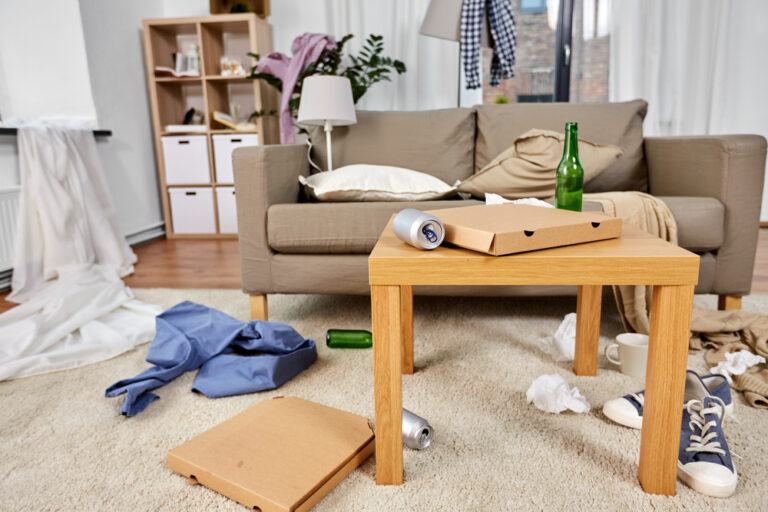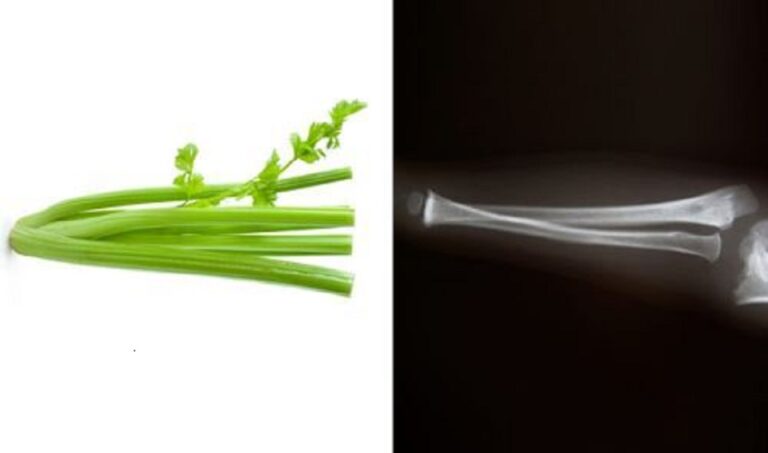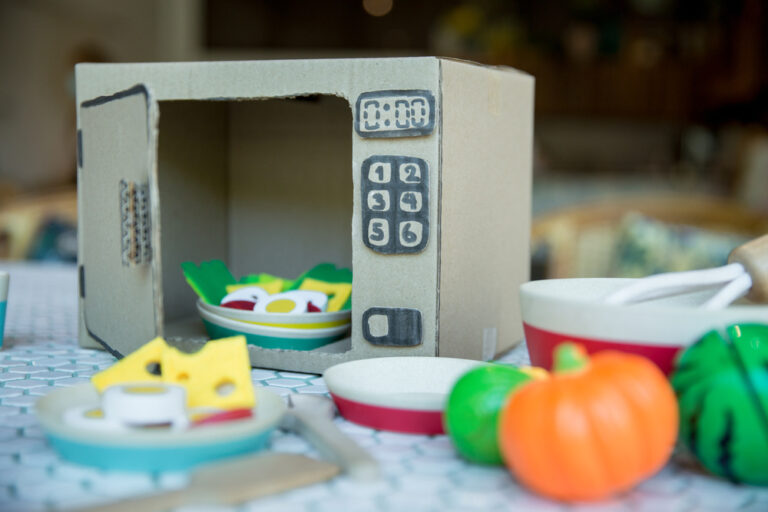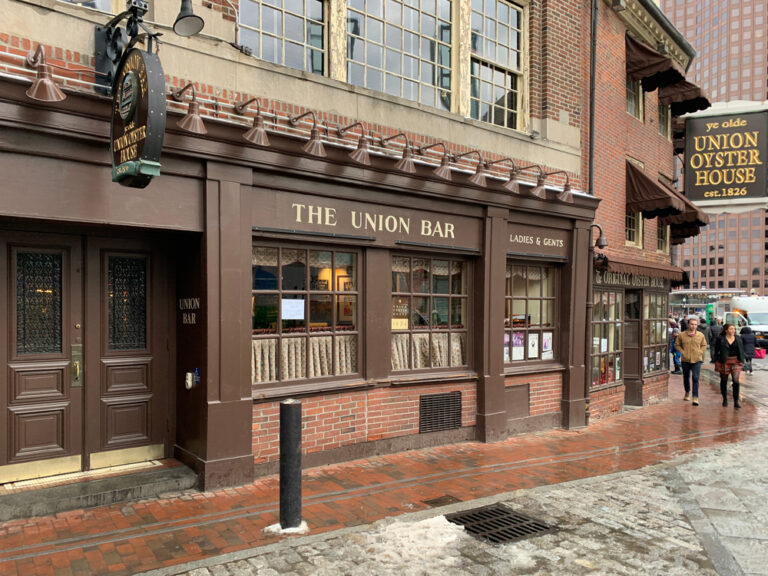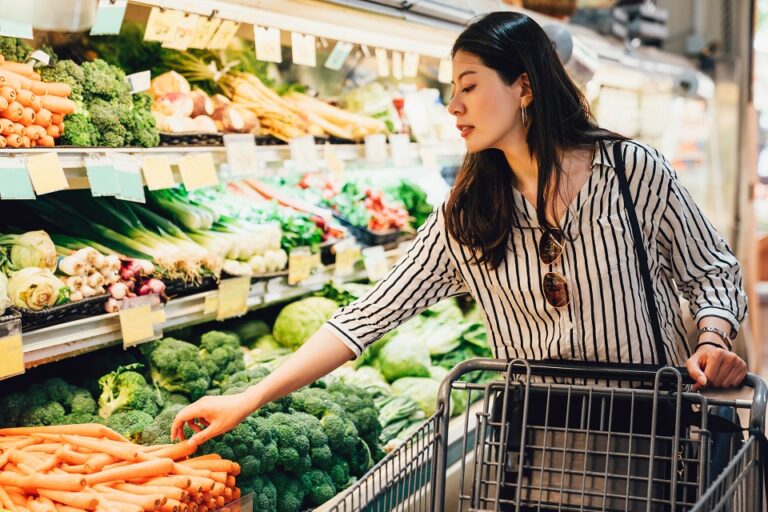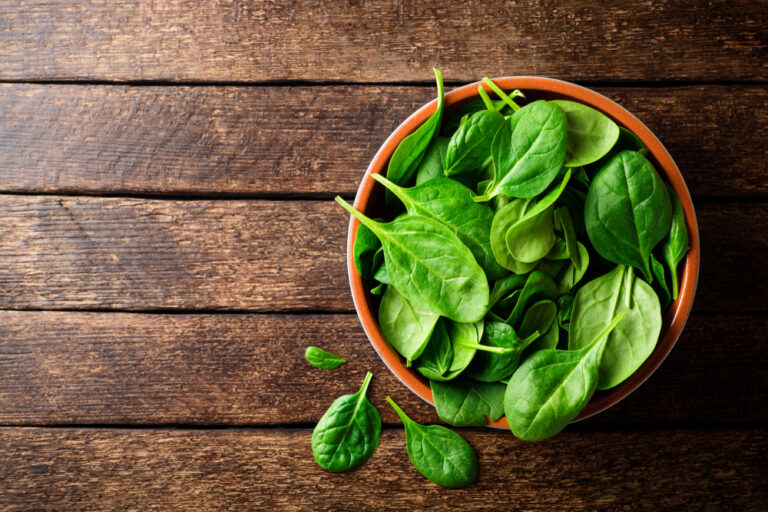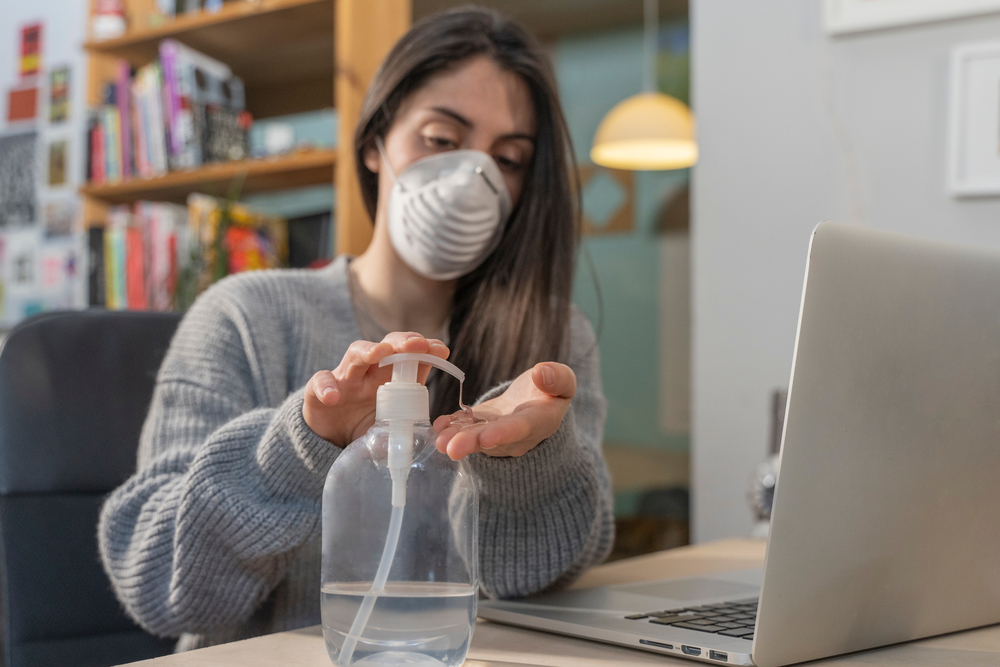
As you already know, older adults are more likely to develop complications because of the novel coronavirus than younger people. Pandemic restrictions have gradually diminished, and people are increasingly unsure about what they should do in the future when it comes to visiting their grandparents or other older adults in the family.
Unfortunately, some individuals can be carriers of the virus, but without symptoms (otherwise known as asymptomatic), so they have to know exactly what to do to protect everyone before visiting their grandparents, parents, aunts, and uncles. Thus, when and under what conditions can we visit our loved ones again? It’s a question that has been asked about by a lot of people lately.
Recent studies have shown that older adults are at higher risk of getting dangerously ill, and possibly dying, from this virus. According to Dr. Nagendra Gupta, an internist at Texas Health Arlington Memorial Hospital, “based on all the data we have been receiving so far, it appears that elderly people, especially those with multiple comorbid conditions, are affected more severely.”
“In a recent study published in JAMA, which is the largest study on COVID-19 published so far, the case fatality rate was close to 15 percent in patients over the age of 80 as against the average overall case fatality rate of 2.3 percent,” he told Healthline.
That being said, the holidays are coming and the need to see the other members of your family increases from day to day, so when can we visit them again? Read on for more info and stay safe!
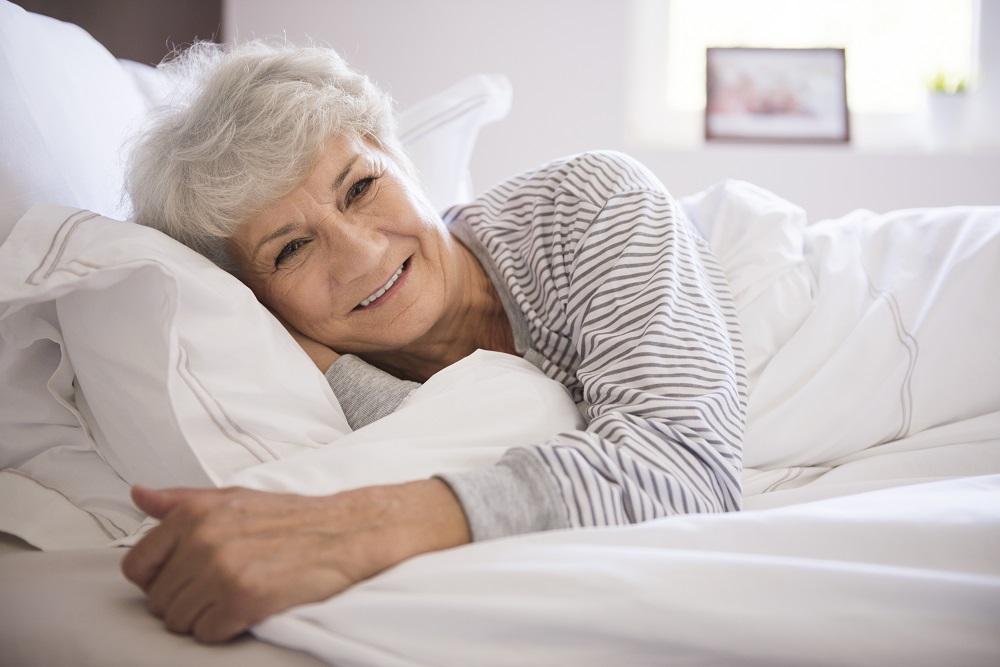
You should be aware of the risks
First of all, you need to be aware of the risk that both you and your family are going to take, especially as older people are more likely to develop complications from this disease caused by the virus that has been affecting us for several months.
So, one of the most important things that you have to take into consideration before visiting your grandparents, uncles and aunts is to be aware that you may carry the virus even if you have no symptoms, and in addition, try to follow the rules of social distancing.
The explanation is not yet scientifically proven, but research is still being done in this regard. According to Kathryn Melamed, MD, clinical instructor of pulmonary and critical care medicine at UCLA Medical Center in Santa Monica, “experts don’t entirely understand why. It is true that as we age, the immune system wanes and a lot of diseases or infections are worse in elderly individuals.”
However, one hypothesis would be that older adults already suffer from other diseases, such as diabetes, obesity, heart disease and lung disease, which have weakened their immune systems, causing them to be more likely to develop more severe symptoms than young people.
At the moment, things are not going well at all, especially since there is no vaccination to cure us of this virus. Medical experts will probably find an effective remedy but only after a few years and after lengthy clinical trials as the average vaccine can take between 18 months and 2 years to initially develop. But until then, “any time an old person gets sick, it’s bad,” said Bethany Panchal, MD, a primary care physician at The Ohio State University Wexner Medical Center, Columbus.
In addition, not only older adults are prone to develop complications from this virus, but also those who already suffer from certain diseases that have already weakened their immune system. You should try your best to protect yourself because no one will do it for you.
“We don’t have any better treatments, though we are getting closer to some things that seem to be mitigating effects. But we do not have a cure and we do not have a vaccine,” added Dr. Melamed.
It’s very important to follow these strict personal hygiene rules to minimize the risk of spreading the virus. “We know it’s spread through respiratory droplets when someone sneezes and it gets inhaled into someone else’s body through mucous membranes,” explained Dr. Melamed.
According to medical experts, you can contract the virus even when you touch an infected surface. It seems that the virus can live up to three days on certain surfaces. So, if you have come in contact with a sick person, try to visit your grandparents another time. “Knowing all this, everything we do has incremental risk, unless we live in a bubble,” added Dr. Melamed.

You can opt for virtual gatherings
If your grandparents or other family members have any comorbidities or other diseases you should avoid visiting them these days. Instead, you can opt for online gatherings, because they are safer.
“Do you think you’re safe enough that they’re definitely not going to get sick? If they get sick, they could die, so you really need to think about that carefully,” said Dr. Panchal.
Choose quarantine if you are sick or have symptoms
As you already know, people who are sick or have symptoms of COVID-19 should stay in quarantine. Symptoms of COVID-19 include cough, fever, shortness of breath and sore throat. “We know [coronavirus] spreads really easily and sometimes we just don’t know if it has been spread to us,” says Dr. Panchal.
Before you plan a visit to your grandparents, try to make sure that you have not been in contact with any person suspected of having COVID-19. Moreover, if your job involves interacting with clients or you are simply surrounded by a lot of people, then you should cancel that visit and see your older relatives when everything is safer.
Another important thing that you have to take into consideration when planning a visit to see your grandparents is public transportation. “There is a higher chance for exposure to the virus with this type of travel due to the close proximity in a small space. The safest mode of travel is in a car. If you need to get gas, wear a mask, and wash your hands after touching the pump,” explains Dr. Melamed.
If you think that you are safe, namely that you haven’t interacted with other people these days and you have kept the social distance, then you can visit your old relatives, but try to continue following hygiene rules, such as washing your hands, wear a face mask and gather outside.

















